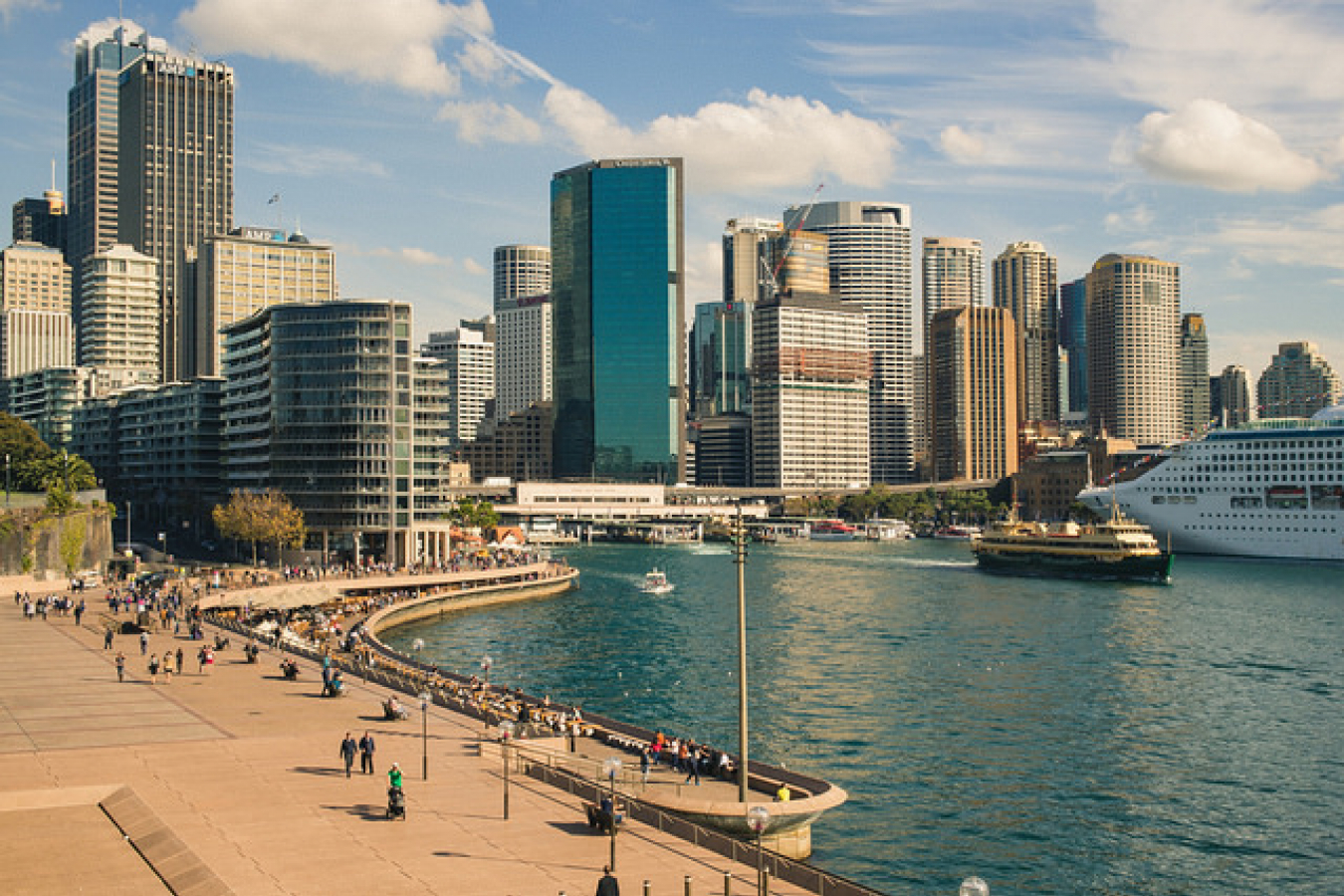Support migrant centric journalism today and donate

Privatising Australian visa system could result in access to the country being ‘sold to higher bidder’ union warns
Sanwar Ali workpermiit.com Comment:
Australia remains an attractive immigration destination Country. There are a number of skilled visa categories for skilled professionals and tradespeople which allow both permanent and temporary entry to Australia. It seems unlikely that in reality Australian skilled based visas and work visas will be “sold to the highest bidder”.
The Community and Public Sector Union has issued a stark warning over government plans to privatise Australia’s visa system. The Union claims that up to 3,000 jobs and private information are at risk if government proposals - that could include premium services for high-value applicants - are given the go ahead.
It’s understood that the Australian government is looking to privatise the country’s visa application system, with a view to including different access routes for foreign nationals able to pay more, while also offering ‘commercial value-added services.’
The Union claims that the government favours an online platform to process and determine the outcome of a visa application to enter Australia. If this is the case, the Union fears that 3,000 jobs will be put at risk and people’s private information will be jeopardised.
Peter Dutton, Australia’s home affairs minister, said: “The rationale behind the proposal is to modernise Australia’s visa system to deal with a massive and growing number of applications.”
Packaged up and sold to the highest bidder
However, Greens senator Nick McKim, argues that the government’s plans could result in a ‘fatal corruption of the integrity of Australia’s visa system with access to Australia packaged up and sold to the highest bidder.’
Meanwhile, Shayne Neumann – Labor’s immigration spokesman – revealed that the current privatisation proposal was the continuation of a trend started when the new Department of Home Affairs outsourced 250 departmental call centre jobs to New Zealand based firm, Datacom.
The government’s plan to shift visa applications to an automated, global digital platform has already been pitched to potential commercial partners as part of a briefing delivered by Andrew Kefford, the first assistant secretary of the immigration department.
Apparently, the Home Affairs department is hunting for a private-sector partner to design, build and operate a commercial ‘user-pays’ visa application and approval system, with minimum human involvement.
Attracting people to Australia
Kefford told companies: “We are genuinely on the lookout for a partner to design, implement and run Australia’s visa business. We are keen to explore commercial value-added services that will assist in attracting people to Australia.”
According to Kefford, privatising and upgrading the visa system would represent the biggest reform of Australia’s immigration infrastructure in more than 30 years.
The newly established Department of Home Affairs is tasked with overseeing visa services in Australia, with the country processing approximately nine million visa applications each year. It’s predicted that this figure will rise to 13 million within the next 10 years.
Currently, a quarter of visa applications made are on paper, while half of all decisions are made manually. It’s understood that the government is spending several hundred million dollars a year on processing visas. It now seems that the government wants to make its ‘visa business’ profitable under the new system.
Kefford stated that it’s not just about digitising Australia’s visa process, it’s just as important to establish an innovative, commercial model that leads to new opportunities for the Australian government, its clients and its providers.
Global digital platform
As part of the global digital platform model, it’s expected that applications for visas would be made online, with the government targeting 90% - in particular short-term and simple applications – of them being processed and decided automatically.
The Department of Home Affairs has indicated that it would retain complete control of security assessments, plus complex applications – including those for diplomatic or refugee visas.
The government anticipates that machine learning and the robotic automation of processes will increase the number of visa assessments that can be processed automatically over time, in a bid to save the government money.
Kefford conceded that admitting foreign nationals to a country is a fundamental sovereign function, but argued that other nations are outsourcing their visa processes in an attempt to not only save money, but make money – a tactic that’s not often well received.
UK Visas and Immigration criticized for huge profits
As reported by Workpermit.com in September 2017, UK Visas and Immigration (UKVI) were blasted for high application fees resulting in the Home Office pocketing an 800% profit. Outrageously, applicants who contacted UKVI from overseas via email were charged £5.48 (A$9.75).
In 2015, VFS Global, whose systems serve around 45 governments, were forced to temporarily suspend its services following a technical glitch that enabled visa applicants in Italy to access other people’s private information.
Despite security concerns, Dutton said: “The proposal is driven by a need for modernisation, not a desire to privatise the process.”
Nadine Flood, the national secretary of the Community and Public Sector Union, said that the revelations about the proposal ‘confirmed fears that the Turnbull government is attempting to sell off almost every aspect of the Australian visa system.
The Community and Public Sector Union estimates that up to 3,000 jobs are at risk, with many staff within the Home Affairs department already fearful for their jobs. Meanwhile, Flood said that the security of people’s private information is a real concern.
The national secretary of the Community and Public Sector Union expects that privatising Australia’s visa system will lead to a ‘shoddier service and higher fees that will line the pockets of a currently unknown multinational corporation.’





















